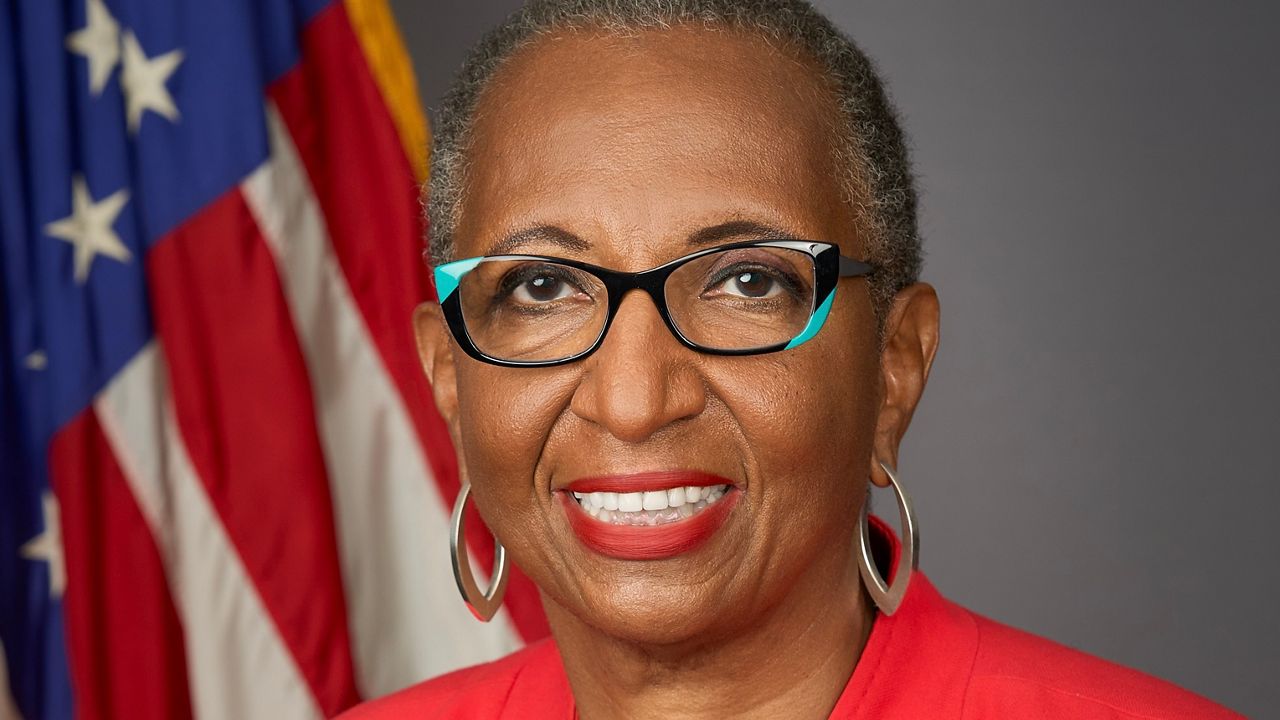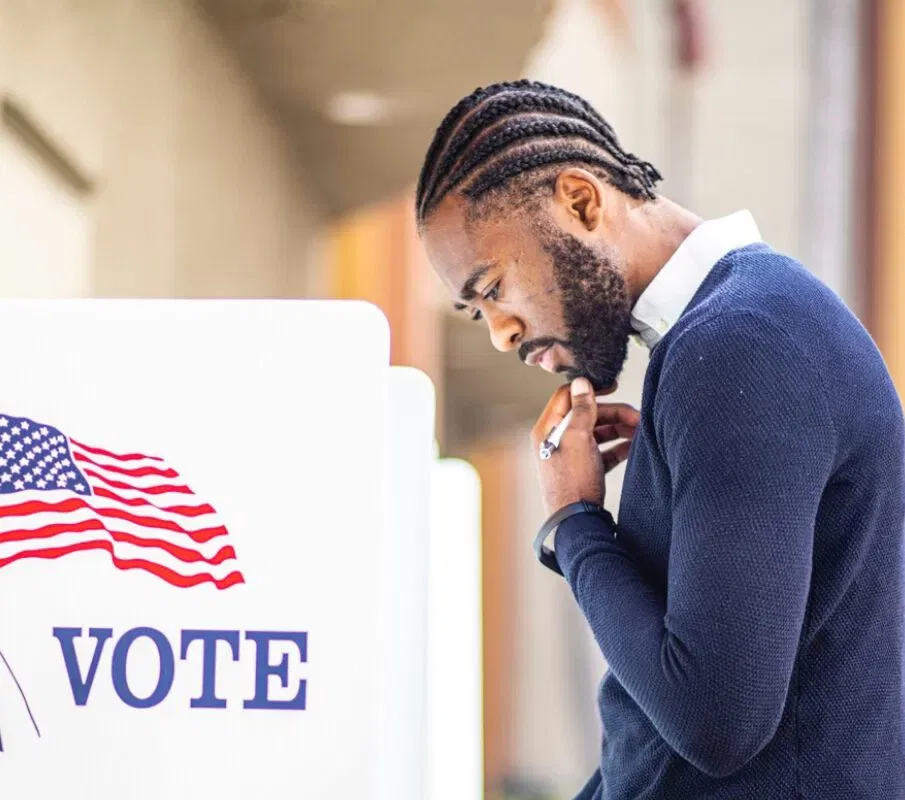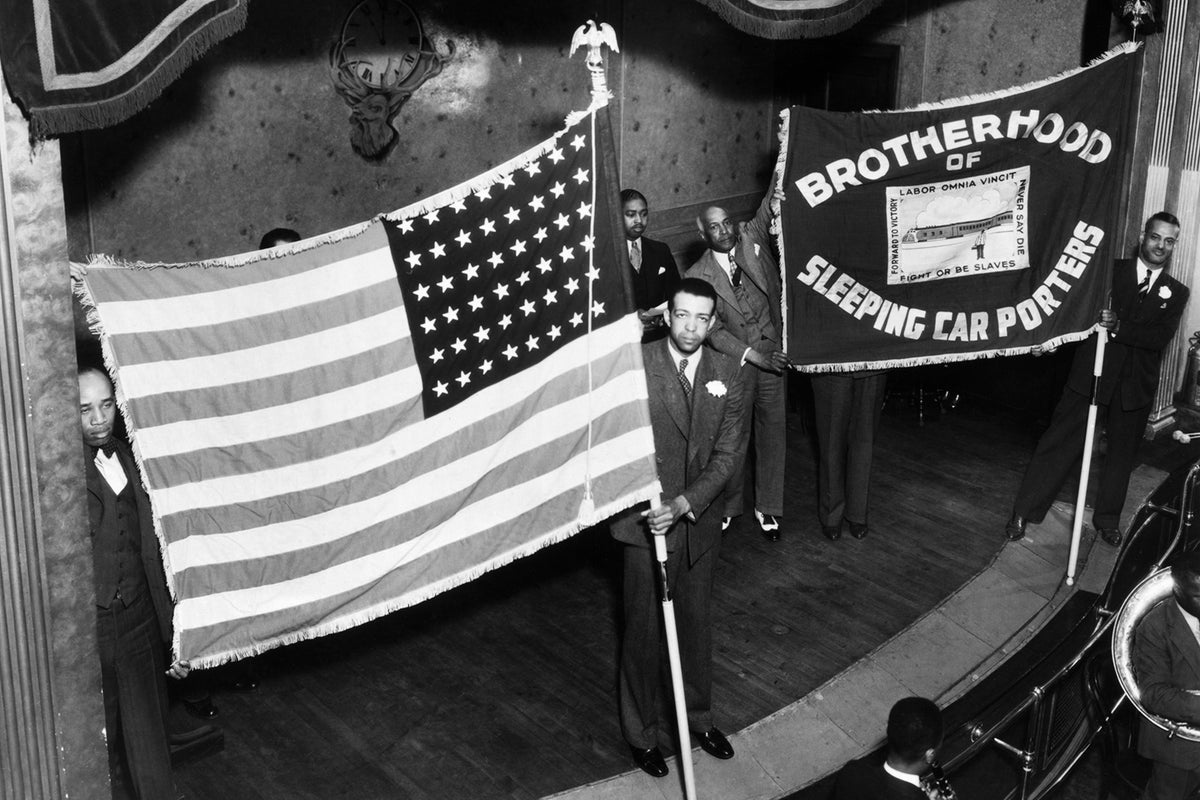- BlackVoter.Org
- Posts
- BlackVoter.Org
BlackVoter.Org


In "How a Group of 19th-Century Historians Helped Relativize the Violent Legacy of Slavery," Scott Spillman explores the lasting impacts of historians like Ulrich Bonnell Phillips and William Dunning, whose works shaped perceptions of American slavery well into the 20th century. These scholars redefined slavery as a subject tied to Southern social and economic history while propagating harmful notions of racial inferiority.
Their writings, stemming from a specific Southern perspective, framed slavery as a benevolent institution and contributed to the foundations of Jim Crow-era ideology. While they reflected the prevailing attitudes of their time, their narratives promoted a dangerous relativism regarding the moral implications of slavery.
Today, their legacies challenge us to reassess historical narratives and reckon with the ethical responsibilities of historians. Spillman's examination reminds us how history can be manipulated, prompting crucial discussions about truth and memory in understanding America's complex legacy.

In a triumphant return, Gwynne Wilcox, the first Black woman to chair the National Labor Relations Board (NLRB), has rejoined the agency after being unlawfully fired by former President Trump. Six weeks after her dismissal, a federal judge ruled that her removal was illegal, emphasizing that "an American president is not a king.
" Upon her comeback, she was greeted with enthusiastic applause and signs saying “Welcome back Gwynne” from her fellow staff members. Wilcox, who has served on the board since 2021, expressed her joy at returning to work that profoundly impacts American workers.
While she has been reinstated as a board member, she will not resume her role as chair, a position now held by Marvin E. Kaplan.
This significant ruling not only highlights workers' rights but also reinforces the independence of the NLRB in the face of political pressure.

On March 9, 2025, Selma, Alabama, transformed into a vibrant celebration as hundreds gathered to commemorate the 60th anniversary of "Bloody Sunday." This pivotal moment in the civil rights movement saw peaceful demonstrators courageously marching for voting rights, only to face ruthless violence from law enforcement.
Attendees enjoyed a festive atmosphere filled with arts, music, and a palpable sense of remembrance. The Annual Pilgrimage to Selma mirrored the spirit of resilience, honoring the bravery of those who dared to confront injustice.
As people took photos in front of the iconic Edmund Pettus Bridge, they reflected on the significance of this historic march and the enduring fight for equality. In a world still grappling with similar issues, the event served as a poignant reminder of the battles fought and those still to come, reminding all that the quest for justice is far from over.

In the recent elections, exit polls revealed a surprising turnout among Black voters for Kamala Harris, countering previous narratives that suggested Black men might lean towards Donald Trump. An impressive 78% of Black men chose Harris, closely trailing the 79% who supported Biden in 2020.
Black women overwhelmingly backed her with a striking 92% vote share. While Trump did see gains with Black male voters—reaching about 20%, particularly in states like North Carolina—Harris's support was significant, highlighting a generational divide over gender concerns within the community.
Dr. David Johns emphasized the empathy younger Black men felt towards the challenges facing women today.
Additionally, a growing trend was noted among Latino voters, particularly men, but ultimately, the pivotal demographic in the election remained white voters, with a notable majority supporting Trump. As the conversation continues, advocates urge for a broader understanding of the voting patterns beyond racial binaries.

In Virginia's Appomattox County, a controversial proposal to close two voting precincts, predominantly serving Black voters, has sparked outrage and concern over potential voter suppression. Precincts 201 and 502, which see significant Black voter representation—36.
7% and 24.4% respectively—could force residents to drive up to 30 minutes to cast their ballots if closures proceed.
The NAACP, led by Rev. Cozy Bailey, vehemently opposes this move, framing it as an attack on the voting rights of marginalized communities.
Bailey argues that the closure reflects a troubling history of tactics meant to disenfranchise Black citizens and emphasizes that all Americans deserve equitable access to the electoral process. Political experts agree, cautioning that such barriers could decrease voter participation dramatically.
The situation highlights an ongoing battle for voting accessibility in Virginia and underscores the importance of protecting democratic rights for all citizens.

In her thought-provoking article, Nia-Malika Henderson explores the waning influence of "woke" culture in U.S.
politics and examines whether a backlash against it—dubbed "anti-woke"—is taking shape. Drawing insights from Musa Al-Gharbi's book, "We Have Never Been Woke," Henderson highlights how the term "woke" has become a contentious symbol in the culture wars, becoming increasingly co-opted by elites.
This has led to alienation among ordinary voters, who feel that their real concerns are being overshadowed by cultural battles. Al-Gharbi argues that movements often lose traction when liberal elites dominate the narrative, pushing away grassroots support.
As disenchantment with institutions grows, the piece suggests we may be heading into a new political cycle where anti-woke sentiments challenge the current order—prompting a call for a more inclusive and universal approach to policies that resonate with a wider audience.

In a striking critique, Olúfẹ́mi O. Táíwò argues that President Trump's crackdown on Diversity, Equity, and Inclusion (DEI) initiatives is a clever smokescreen disguising a disturbing agenda.
While DEI has long struggled with superficiality, Trump's approach seeks to dismantle labor and anti-discrimination protections across the federal government under the guise of promoting "merit-based opportunity." He’s actively banned books, scrubbed inclusive language from government websites, and fired qualified leaders, aiming to secure power for elites while masking it as a fight against identity politics.
The piece highlights that the struggle for equitable access to jobs and education has always been about labor rights, revealing that the true aim of this backlash is to reinforce privilege and protect wealth from the very reforms that DEI represents. The battle for genuine meritocracy is far from over, as the past threatens to resurface in a push against the progress made.